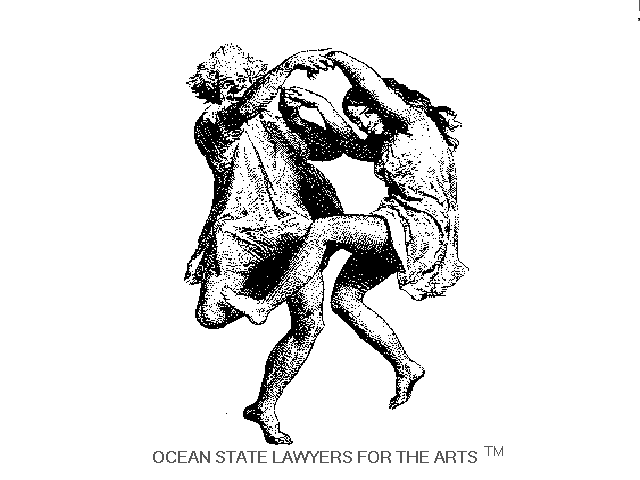
There has been a long-standing consensus among the legal community that the inclusion of a binding arbitration clause in a contract favors the little guy. In the case of an artist, musician, etc. an arbitration clause generally states that if there is a dispute regarding the contract, the parties shall submit to arbitration instead of going to court. This means that they will jointly hire an arbitrator who will act like a private judge and render a decision based upon the evidence and arguments of the parties.
There are advantages to such a system. The parties can choose the arbitrator, who can be an expert in a particular field, instead of ending up with a judge who often must be educated as to arts-related issues. Arbitration is also less formal and, perhaps, faster than a trial and theoretically could be handled without the assistance of counsel, thus saving more time and money. Also, arbitration can be done privately, by agreement. This can save all parties the unwanted publicity of a public trial. Finally, in the case of binding arbitration, the arbitrator's decsion is final and generally not appealable, saving more time and hassle. It also reduces the caseload of the court system.
Unfortunately, the realities of arbitration do not always follow the vision and may not favor the "little guy." Although an attorney is not necessary to arbitrate, most companies that an artist would contract with would be represented by counsel in any dispute, including an arbitration. Therefore, an unrepresented artist is at a disadvantage and must spend the money for a lawyer anyway.
The company and their attorney often know more people within the business and legal community where the dispute is to be argued. This gives them a distinct advantage in choosing the arbitrator. A judge is ethically and legally bound to impartial. Beware of the arbitrator who is a golfing buddy or on the local school's PTA with the company president or their attorney.
Another problem is that judges are paid by the state or federal government to hear cases, while arbitrators are paid by the parties at a rate comparable to their regular business rates. A large publisher may be able to bear this expense, but an individual graphic artist or musician might be hard-pressed to ante up 1/2 of the arbitrator's billable time of $2000 to $10,000 or more.
In order to cut this discussion short, let me say that it has been my personal experience that many contract disputes for arts professionals may involve claims up to $1500 to $2000 - often for the collection of unpaid bills. These can often be handled in small claims court. There, the fees are low, often between $20 and $50 for filing and initial service or process. A binding arbitration clause in a contract will prohibit a small claims action from being initiated.
You don't need an attorney for small claims and the comany might not bother with one either. The cases are also heard quickly and the inexperienced non-lawyer can seek help from informational pamphlets, the court clerk and even from self-help books from private publishers like Nolo Press and others.
One problem is that in order to get the right to sue in small cliams court, the amount claimed must generally be low, be based upon a breach of contract and the plaintiff - often the artist - may have to give up their right to appeal if they lose. The damage limit is often not a problem, though, and many of the actions are contract-based. Giving up the right to appeal is also of little consequence since you would do that anyway when you agree to binding arbitration.
Think carefully before you sign that contract with the binding arbitration clause. If the project is big and you know your way around the business, art and legal communities, arbitration may be the way to go. But if the project is small, say for a single logo or greeting card design or for a single piece gallery consignment, arbitration could be your worst nightmare. As with other legal and contract questions, it is best to consult with an experienced and specialized arts/entertainment attorney before deciding the best way to conduct your business. And as always, read every business law and/or arts law book you can get your hands on.
THIS WEBSITE CANNOT BE USED AS A SUBSTITUTE FOR SOUND LEGAL ADVICE FROM A COMPETENT ARTS OR ENTERTAINMENT ATTORNEY. In the event of a legal problem or question, specific legal consultation is advised. This website is intended only as a means of educating arts organizations and artists of all disciplines as to their potential legal rights and liabilities. The information provided is made available with the understanding that neither OSLA nor the office of David M. Spatt is engaging in the rendering of legal counsel.
copyright 1998 David M. Spatt, All rights reserved
Reproduction is prohibited without the express written consent of the author
